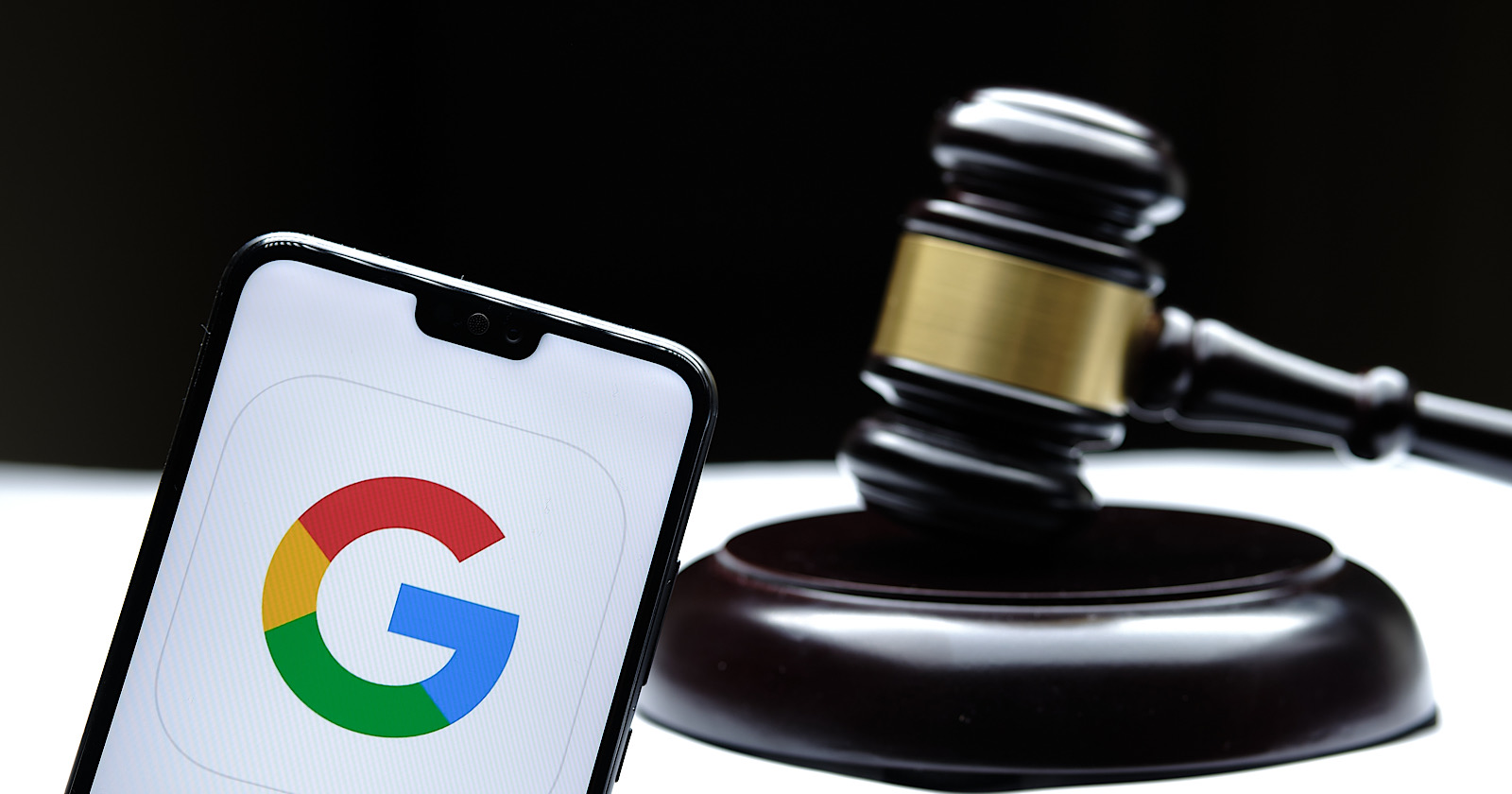In the opening week of the US Justice Department’s antitrust case against Google, the search company faced allegations that it strong-armed partners into deals that cemented its dominance.
The federal government argues that around 2010, Google began using anti-competitive tactics to maintain its search engine monopoly.
The case sheds light on Google’s reliance on default settings, internal communication strategies, and consumer impact.
This recap overviews the key arguments, strategies, and players shaping the case.
The Case At Hand
The government argues that Google has been employing anti-competitive tactics since around 2010 to maintain control over the search engine market.
According to the Justice Department, Google used the “power of defaults” to strike deals, ensuring its search engine’s prominence in web browsers and operating systems.
This strategy included securing agreements with Apple and Mozilla to make Google the default search engine in Safari and Firefox and requiring Android manufacturers to prominently feature a Google search widget on their phones.
By leveraging extensive search data to refine its algorithm, Google has created a feedback loop that, the Justice Department alleges, has rendered it virtually unbeatable.
Consumer Impact Of Default Services
The ultimate question the case seeks to answer is how Google’s agreements with other tech companies impact consumers.
The Justice Department asserts that Google’s alleged unfair competition strategies have allowed it to avoid improving Search in ways that could benefit consumers, such as enhancing privacy standards.
Google contends it made deals that benefit consumers, comparing switching search engines to changing software in the dial-up era.
As the government hammers on Google’s reliance on default settings, Google counters that this is a legal competition that other companies routinely engage in.
The Justice Dept. hopes to convince Judge Amit Mehta that Google’s tactics have stifled competition in a way that hurts users.
What Comes Next
The trial continues this week, with Google’s defense still to come.
The critical question for the Judge is whether consumer harm applies to free products like search engines.
The Justice Department is set to present its case over the rest of September and early October.
We expect to hear from high-profile witnesses, including Google’s CEO Sundar Pichai and other tech executives.
Google’s defense will not likely be presented until late October.





